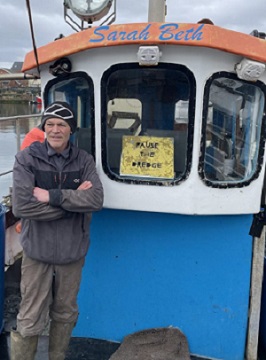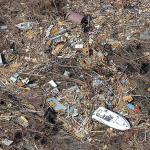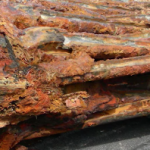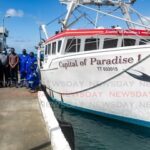Lobstergate: The unintended consequences of Britain’s Freeports

In the distance is Bran Sands, a jut of land perched at the face of the estuary where the river meets the North Sea, and a dredger is passing by, moving tonnes of sediment from the River Tees to be disposed of some miles out. Fishermen Paul Widdowfield and Stan Rennie tell me this sight has become a daily occurrence. To them, it is a salty and unwelcome one. Neither Widdowfield or Rennie have gone out on their day boats for almost 18 months now. Both had fished out of Hartlepool for 40 years or more, catching brown and velvet crabs and highly prized lobsters. Today, in an area synonymous with fine shellfish, there is little or nothing left to land. The Teesside Freeport is, according to the government, the UK’s largest, “driving growth in renewables, advanced manufacturing and the chemicals and process sectors.” >click to read< 07:53












































Leave a Reply